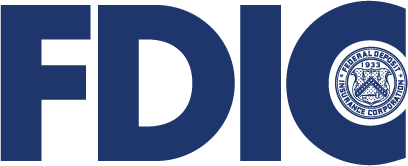Security
Security is one of the most important issues we faced in making online banking available to our customers. We have taken strong measures to ensure that your information remains confidential. The first step is the use of a secure browser. Certain browsers and computers can communicate securely by scrambling information as it passes across the internet. The method of communication is called SSL, or Secure Socket Layer. We require the use of a 128-bit encryption secure browser before a connection can be made to the transaction system. After you reach us using the secure browser, we take steps to make sure your information remains secure and confidential. Your information passes through a “firewall,” which is a computer specifically designed to keep out unauthorized users.
Before gaining access to any account information, customers are authenticated by a personal user code and password. Following the enrollment process, you will personally select your own alphanumeric case-sensitive user code and password. This means your access codes should contain numbers and letters. Using a combination of numbers and letters (as opposed to numbers only) provides maximum security for the protection of your individual account information. For added security, do not use obvious combinations such as birth date, address, Social Security number or any other personally identifiable information (PII). Your password should be a strong combination that you have not used for any other online account. Do not share your password with anyone else.
We currently use some of the most sophisticated commercially available technologies to provide you with a powerful and multi-functional online experience that leads the way through attractive design, relevant information, ease of use and a high standard of online security. Merchants & Marine Bank continually strives to remain on the leading edge of internet technology. But internet security is a cooperative effort, and we need your assistance.


